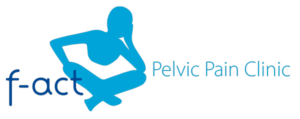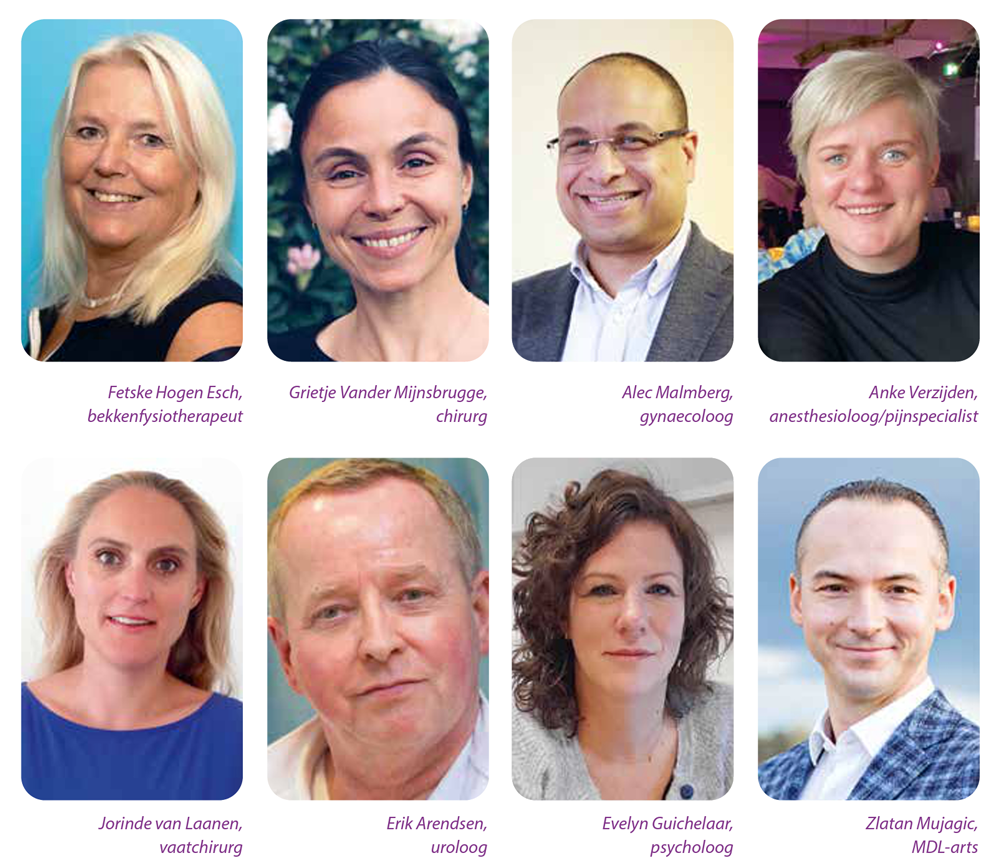Fetske Hogen Esch, pelvic physiotherapist, and Grietje Vander Mijnsbrugge, colorectal surgeon, took the initiative. Soon the group grew, now consisting of eight specialists from various disciplines. This time not multidisciplinary within one healthcare facility, but interdisciplinary spread across the country. They speak with one voice. They are all about blending their collective knowledge and expertise to help the patient move forward. They use the Siilo app, which medics use to securely exchange information, to consult each other about patients with complex complaints. Prisma is a similar system for general practitioners to ask questions of gynecologists. A study by ZonMw is underway to determine whether it is cost-effective. For both apps, a health care provider must be BIG-registered.
"We are a transdisciplinary and cross-center group. We sought each other out because of the specific expertise, regardless of where the other works. Often one person has just the specific knowledge you need. Even without having the whole team there, you can look each other up and question each other. Even though everyone likes to learn from each other.
PURPOSE
Our goal is to be able to help patients quickly without having to go through many stages. We also have knowledge about the presence of professionals in our own region, so that we can refer to each other more quickly. This is partly because we have short lines of communication and it does not run through secretariats. We send an app and there is an answer. We also try, for example, to form a network with clear lines of communication, such as between the UMC Groningen and the Antonius Hospital in Sneek. We are also trying that in Enkhuizen. You can consult with each other more easily and avoid duplication of effort. In this way we can refer patients quickly and they are helped faster and better.
CONNECTION
We are all passionate about helping patients move forward and question each other with equality and respect. That is a very pleasant way of working together. We have a safe team that communicates in a low-threshold manner and that definitely benefits the quality of care. What we also do: if someone has been to a congress and we hear something interesting there, or we read a good article, we share that in the group. That way we share knowledge and help each other grow. For complex problems, we try together to create a safe place for the patient without having to go from one hospital to another. We don't have to deal with all kinds of rules and hurdles to overcome. The evaluation with the patient is essential. You can consult with each other, but decisions are made together with the patient.'
UPDATE
The Alchemists were created to quickly connect with other disciplines, share expertise, and we do this to help patients quickly. The patients we serve in the



